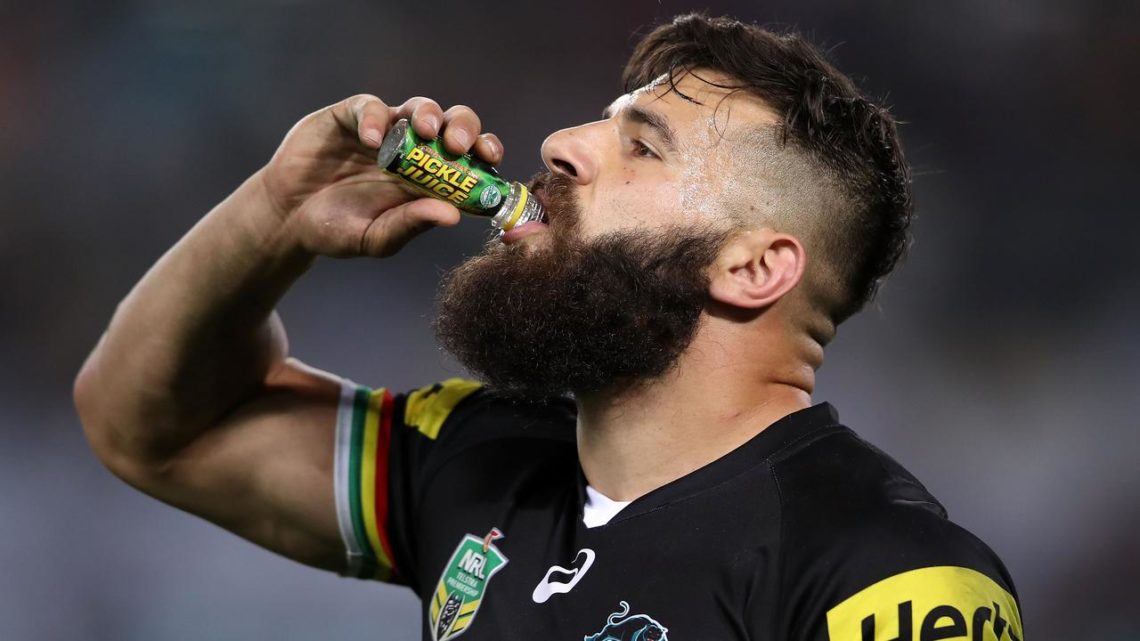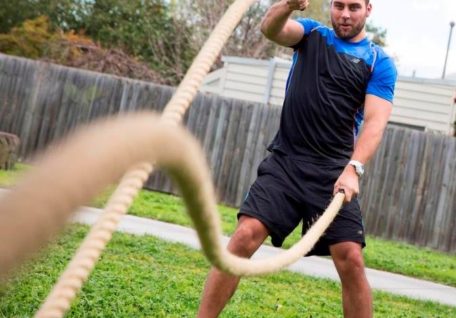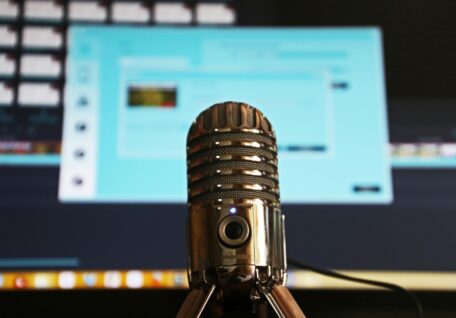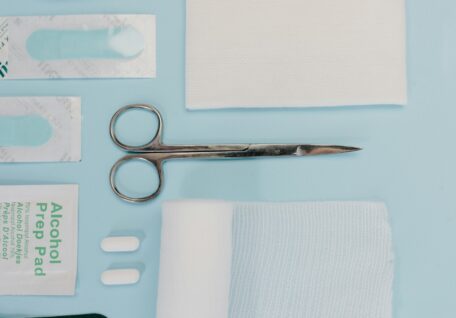Have you been watching the Australian Open recently, or perhaps an AFL, NRL or game of cricket, and noticed players taking little shots of liquid mid-match and wondering what on earth it is?
It isn’t water, or an electrolyte drink like Gatorade, or anything you’d be want to be chugging down – it’s pickle juice!
If you’ve ever experienced muscle cramps during or post an intense bout of exercise, you’d be well aware of how debilitating and uncomfortable they can be. The feeling of your muscle starting to tighten up, the twitching, and then whack! – the intense moment when the cramp hits and you want nothing more than the moment to end.
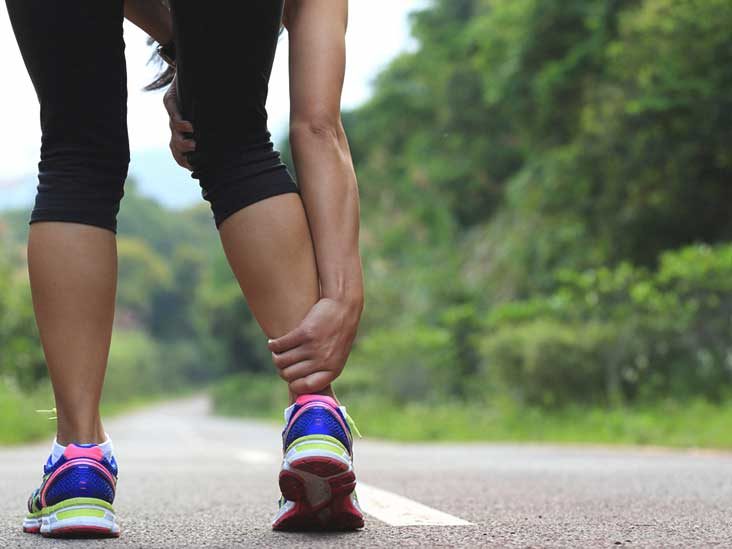
It gives you the shudders just thinking about it, so let’s talk about what exactly muscle cramps are, and how a shot of pickle juice could be your saving grace to curing cramps!
What Are Muscle Cramps & Why Do They Occur?
Muscle cramps are involuntary, intensely painful muscle contractions that nearly every athlete has experienced at some point.
Muscle cramps generally occur in the site most directly involved in the exercise task (most commonly the calf muscle, but they can occur in any muscle). The correct terminology is exercise associated muscle cramp (EAMC) as this helps distinguish them from other muscle cramp causes.
There have been many theories to why muscle cramps occur during exercise. Some common ones include:
- Tight or inflexible muscles
- Poor physical condition
- Inadequate diet
- Physical overexertion
- Hot and humid conditions
- Heavy sweating
- Dehydration
However, most scientists now agree the primary cause of EAMC is altered neuromuscular function (i.e. a physiological process involving both the nerves and muscle) as a result of fatigue in the exercised muscle.
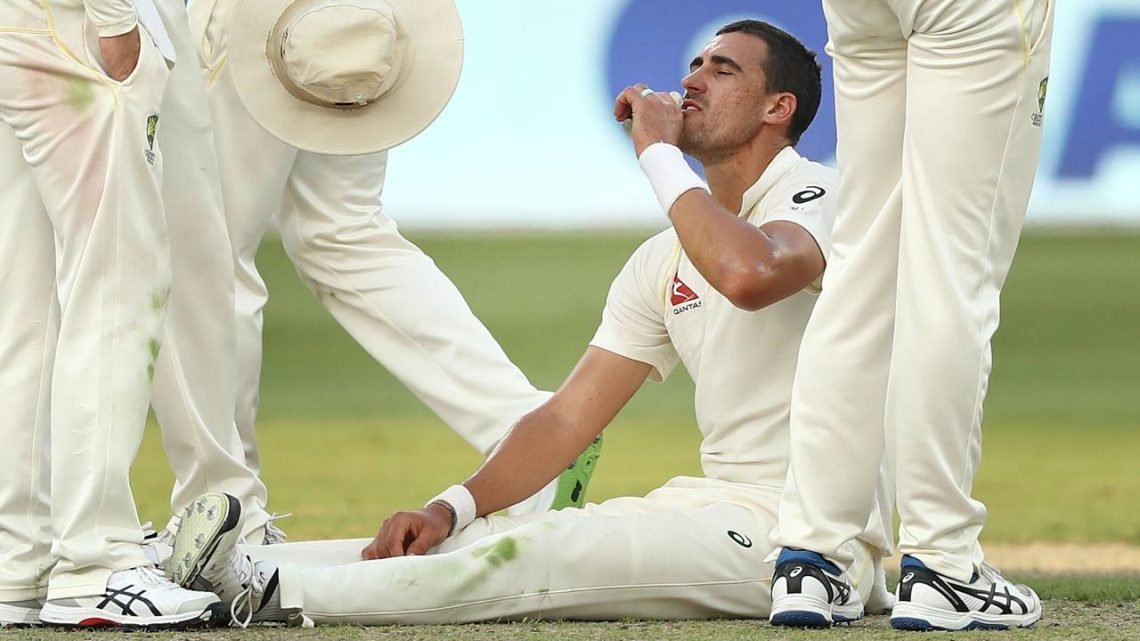
How Does Pickle Juice Help?
Pickle juice has become a popular remedy for muscle cramping – specifically for the cramps runners and athletes get after a workout.
Athletes and coaches have been using pickle juice as a sports supplement since the late 90’s and early 2000’s. During the 2012 Olympics, members from the Australian Institute of Sport would actually go into the nearby McDonald’s to ask for their leftover pickle jars. They would then give the pickle juice to their athletes.
And while widely used around the world, very few studies fully explain or prove how pickle juice actually works.
The first assumption was that because pickle juice is high in sodium, it causes an electrolyte shift to assist with the cramps. Later research however suggests that the vinegar in pickle juice is the magic ingredient. It’s believed that the vinegar triggers a reflex that alerts our brains to tell our muscles to stop contracting and relax, and the muscle cramping is reduced as soon as the vinegar touches receptors in the mouth.
It’s for that reason that it only needs to be gargled to impact the neural receptors at the back of the throat, rather than actually consumed.
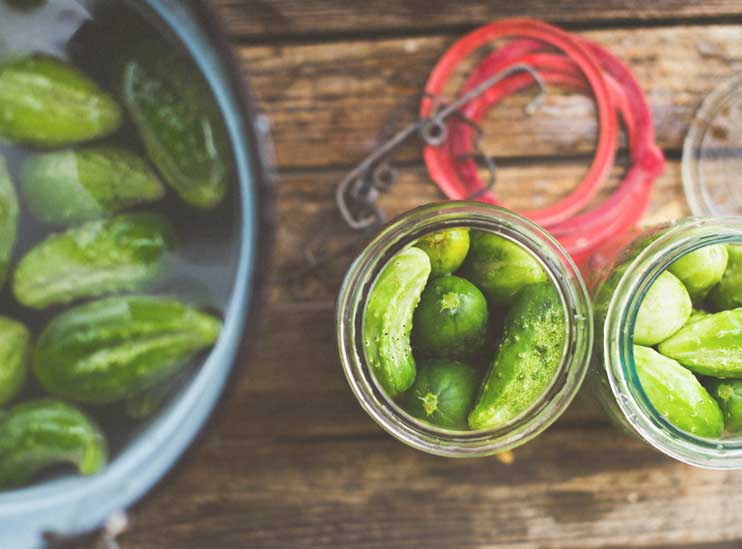
How To Use Pickle Juice for Cramps:
The ideal dosage for pickle juice is not completely known, however it has been suggested that 1ml/kg body weight at the onset of a cramp is likely to work best.
You can also potentially take some prior to exercise or when you are anticipating a cramping episode. For example, if you find that you tend to cramp the final quarter of a game, you can take pickle juice before starting the final quarter to possibly prevent cramps from occurring.
For when you’re on the go and need a quick concentrated shot, companies have created convenient bottles of pickle juice that can be purchased and packed in your kit bag. You can also use the pickle juice from store bought cucumber pickles (or McDonalds like the 2012 Olympians!).
In Conclusion:
While more research still needs to be done for a final verdict on the effectiveness of pickle juice on muscle cramping, the evidence so far suggests that it can definitely help relieve cramps after exercise.
So if you’re prone to cramps, bring a bottle of pickle juice, consume them at the first sign of cramping and you might just be able to keep training, playing or racing at full speed!


